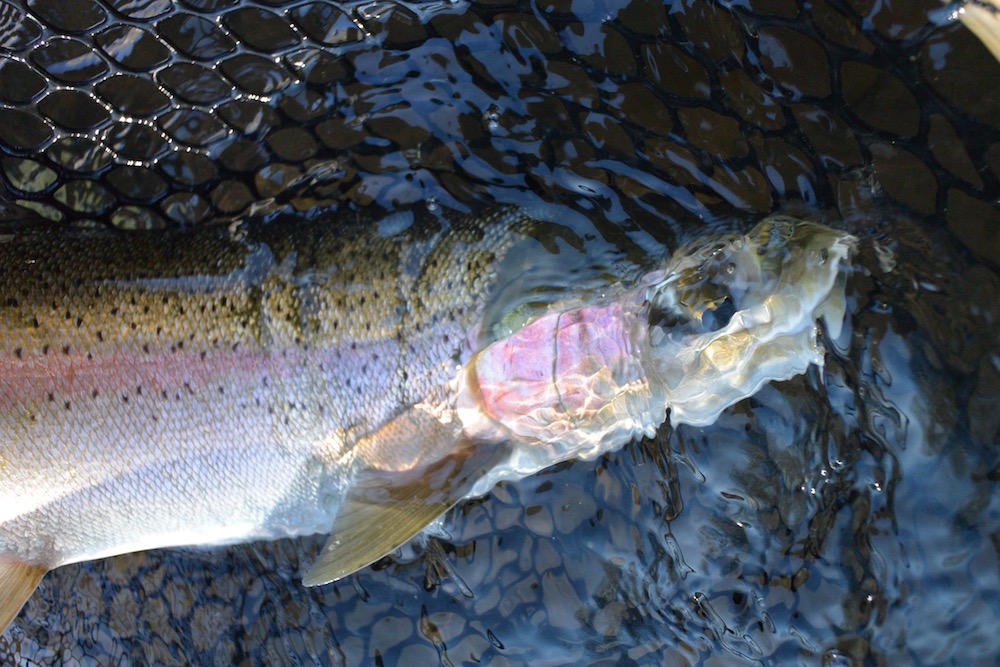
Wild fish matter because they are superior performers in streams, lakes, and seas. They have passed the tests of Nature. They are true members of their aquatic homes. They function better in the wild than do artificially produced versions.
Wild fish matter from standpoints of biology, sound fishery management, and economics. They matter beyond the value they hold for anglers by virtue of beauty or fighting stamina—or what fishing for them offers in relief from the human world.
Wild fish matter especially for the resilience and stability of fish populations and species. Long-term survival and ongoing productivity are at stake. Wild fish matter for the wholeness of natural communities of fishes and other organisms. They are often essential to—and indicate—the health of streams and lakes as ecosystems, that is, as proper homes for many creatures. If protected, natural habitat and wild fish stocks maintain themselves. And where damaged by human activity, they can often restore themselves, when abuse is halted.
Seeing the full value of wild fish lies in the long-term view. The worth of wild fish involves inconveniently long time spans, and the need to manage for wild fish tends not to be seen until crisis descends. Wild fish crises are indeed upon us. The recent listings of threatened and endangered species are just some of the worst cases. We need not look far for other examples. The crises are not new but are seen more clearly than in the past. They result from lack of faith in what Nature can provide if allowed to do so—and from misplaced faith in artificial propagation of non-wild fish.





